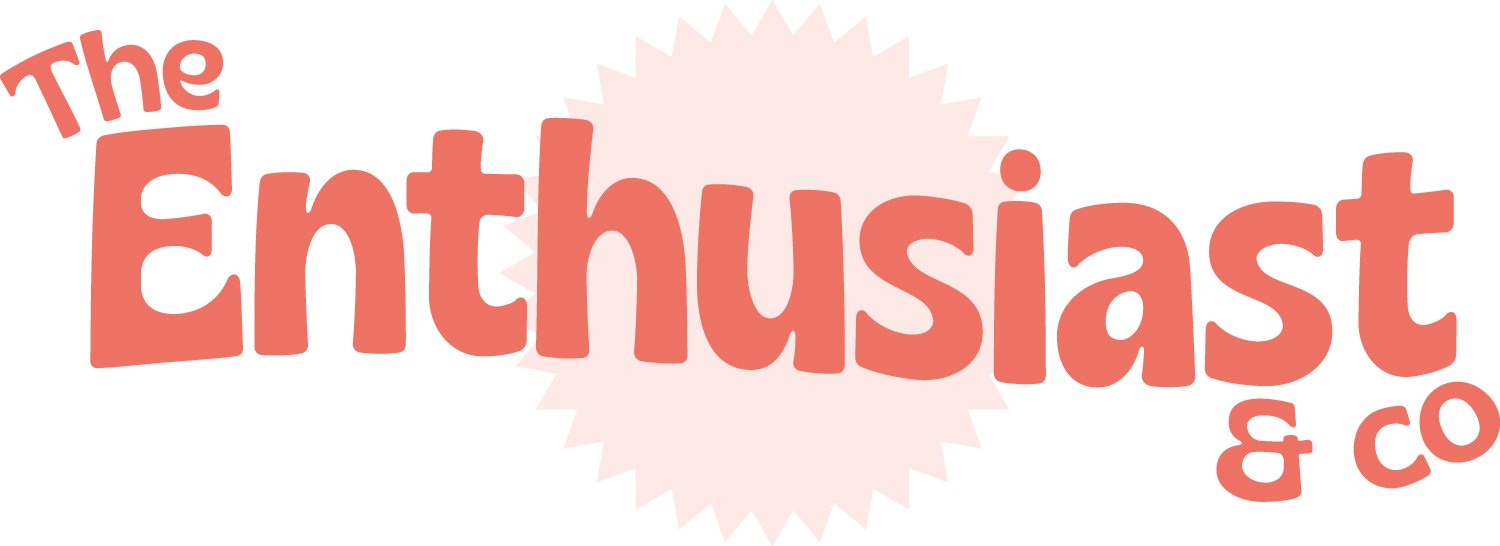Couture, Camaraderie and Camp: why the Eurovision Song Contest is the highlight of my year
It’s the most wonderful time of the year! By this, I absolutely do NOT refer to Christmas - where I spend more time planning what gifts I might buy my friends and loved ones, as opposed to going out and buying them, then putting myself into last-minute poverty by working on the assumption that more expensive = more joy. I am, of course, referring to the annual Eurovision Song Contest. With its 66th iteration days away from being held in Turin, I was asked by Ellie to explain why this glorious smörgåsbord of colour, sound and thinly-veiled political machinations sparks so much joy to me and so many others.
This request filled me with both unspeakable delight and sheer panic. Do I love Eurovision? 100%. Am I able to speak for every other lover of the show? Of course not. Am I also frightfully busy preparing for this year’s event? Incredibly. I was up at 7am draining my chickpeas so that my home-made Israeli hummus might stand a chance at winning the best dish award at this year’s party. Drama! Though perhaps I’m getting ahead of myself.
Let’s start with the music and the performers themselves. Speak to any non-Eurovision watcher and they’ll likely declare it a bunch of crap songs in garish costumes. And honey, they are correct. But this is exactly what we want!
The Eurovision Song Contest is camp as tits, which is exactly part of its charm.
Photo by David Yu
And yes, some of the entries might be a tad taxing on the ears, but the show has also provided some absolutely iconic songs too. Loreen’s Euphoria in 2012 went to number 1 across 17 countries and causes hysteria in nightclubs to this day. Natalie Gordienko’s Sugar in 2021 is not just unspeakably camp, but it holds the current record of the longest note held in a Eurovision song - 17 sublime seconds of warbling. However, even though the whole point of the contest is to delight in cheesy tunes of no more than 3 minutes - an actual rule after Italy once went rogue in 1964 with a 5:09 long song - there’s so much more to the competition.
For me personally, Eurovision represents unity. Not just the global competition itself - in which 52 countries across the world have competed at least once. That part’s a given, and an absolute hoot and a half it is too. But I refer to my Eurovision Family. A core group of wonderful people - many of whom I see but once a year on this hallowed occasion - who get together, dress up in increasingly elaborate costumes (my boyfriend’s papier-mâché chameleon head, complete with a party blower for the tongue, in homage to Malta’s 2019 banger of the same name was truly a sight) and quite literally fly the flag for the country they’re representing fills my heart.
Photo by Greta Hoffman from Pexels
At the centre of it all is my friend Chris. A devout fan of the show since he was young, he’s thrown the same Eurovision bash for as long as I’ve known him. Military leaders in need of sharpening their strategic operational skills would do well to look to him when Eurovision rolls around. Invites? Check. Venue? Check. Pre-show quiz, consisting of questions related to the history of Eurovision? Check, check, check. While most kids are revising for their GCSEs, I spend the month of April looking up my Eurovision lore, with gems like which year the UK last won the competition. It was 1997, incidentally. Yikes.
It’s not only the joy of seeing familiar faces again, and catching up while judging the outfit choices of the performers (seriously, what was with the silver dress obsession of 2021?). It’s the thrill of the post-show awards! Will my hummus win best dish, or will I lose out to a vat of homemade goulash? Will my boyfriend’s costume effort this year - a 3ft headpiece in the shape of Iceland’s Hallgrímskirkja - earn him best dressed for the second time? And who will win the coveted lifetime achievement award?! Truly, the Oscars have nothing on us.
It’s a night of pure unadulterated joy, and as an adult living in these dark times, that’s a thing to cherish.
Yes, the world we live in is currently…not good. And yes, many of the countries who compete at Eurovision have, past or present, behaved appallingly on the global stage. In a rare move, the organisers decided to ban Russia from competing in this year’s competition in light of the invasion of Ukraine - who, perhaps unsurprisingly, is the bookie’s favourite to win this Saturday. But, in spite of this, the Eurovision Song Contest brings people together, gives them a chance to show the love and passion they have for their homeland, and offers a small but bright (and oft bejewelled) ray of hope that a happier future awaits. When it comes to celebrating Eurovision, I refer to Lucie Jones, representing the UK in 2017: “I will never give up on you”.
main photo by Jiroe Matia Engel via Unsplash



